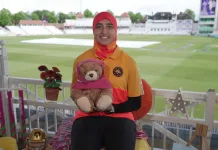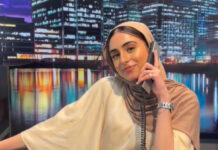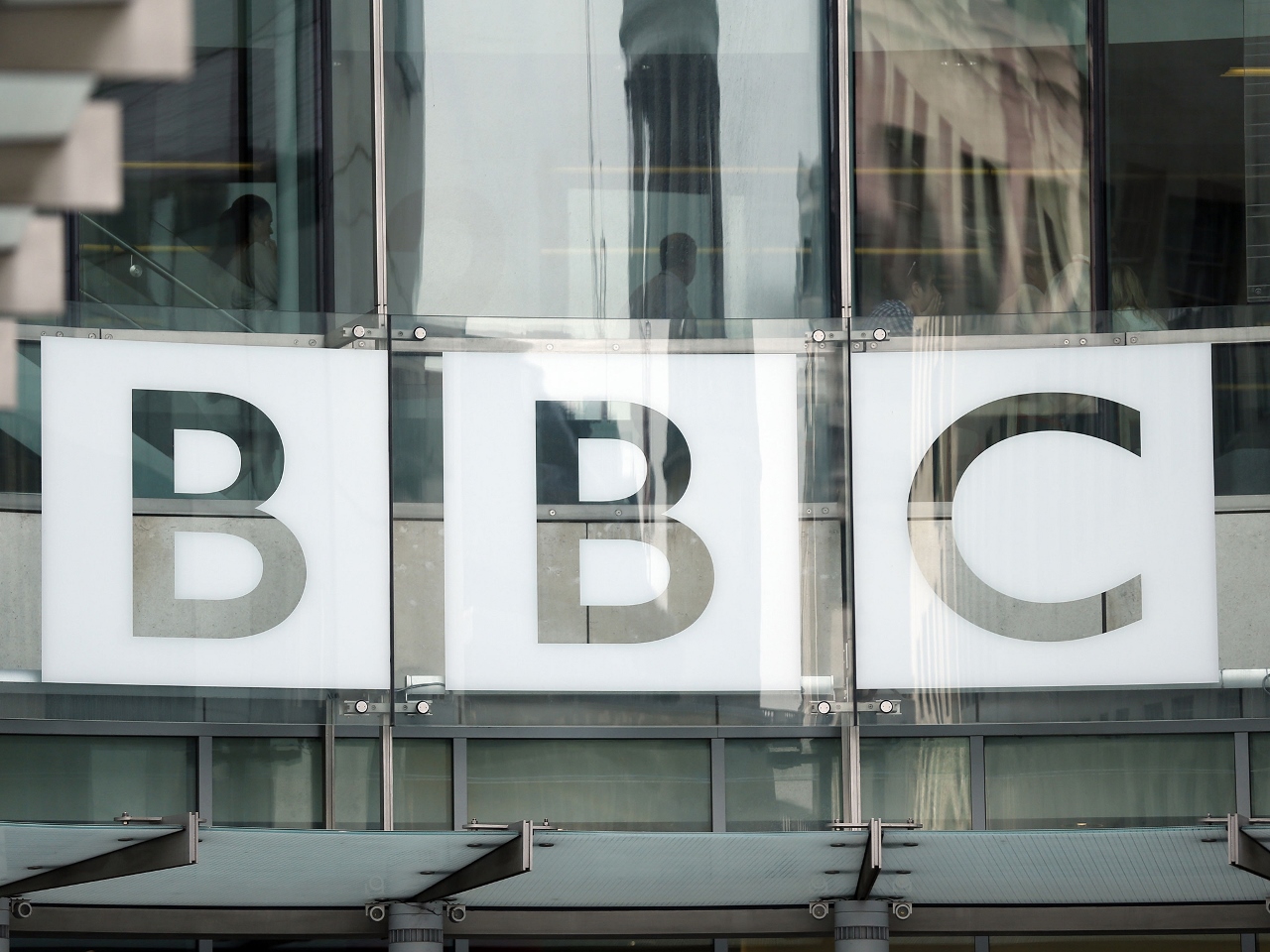
BBC journalist Rupert Wingfield-Hayes expelled from North Korea
North Korea expelled a BBC journalist on over his reporting a North Korean government spokesperson said.
Rupert Wingfield-Hayes was detained on Friday 6th May as he was about to leave the country. He was taken away for eight hours of questioning and “made to sign a statement”, the BBC reported.
The British journalist, accompanied by BBC’s producer Maria Byrne and cameraman Matthew Goddard, were intercepted by officials as they were about to leave North Korea.
The BBC team was in North Korea ahead of the Workers’ Party Congress, accompanying a delegation of Nobel prize laureates conducting a research trip.

The North Korean leadership was displeased with their reports highlighting aspects of life in the capital.
Wingfield-Hayes had “distorted facts and realities” in his coverage, North Korean official Mr O Ryong Il said in announcing that the reporter, who is based in Tokyo, was being expelled and would never be let in again.
“They were speaking very ill of the system, the leadership of the country,” said is secretary general of a National Peace Committee, told reporters in Pyongyang, according to a video clip published by the Associated Press.
Another BBC correspondent in Pyongyang, John Sudworth, said in a broadcast report there was “disagreement, a concern over the content of Rupert’s reporting”, including questioning the authenticity of a hospital.
In his report of a visit to the children’s hospital in Pyongyang, Wingfield-Hayes said the patients looked “remarkably well” and there was not a real doctor on duty.
“Everything we see looks like a set-up” he said.
In another report, Wingfield-Hayes noted that his official minders were “rather upset with us” over trying to do a report in front of a statute of founding leader Kim Il Sung.
“They clearly felt we said stuff that was not respectful,” of Kim, he said in his report.














